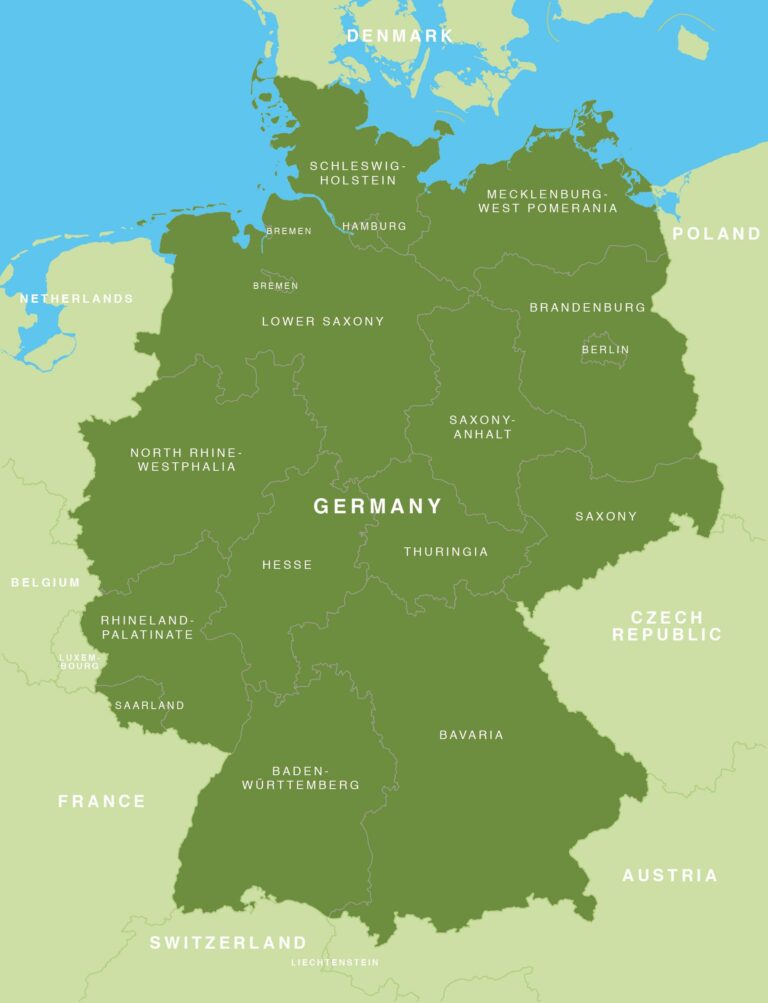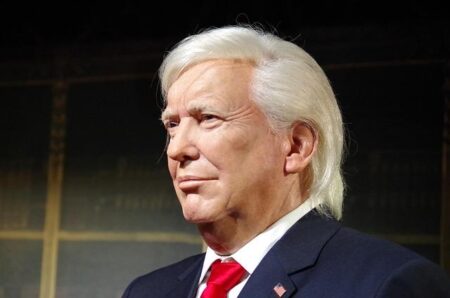In recent years, Germany’s relationship with Israel has drawn increasing international attention, marked by a complex blend of historical responsibility, political alliance, and cultural engagement. The latest report from Consortium News, titled “WATCH: Germany’s Israel Obsession,” delves into the nuances of this dynamic, exploring how Germany’s steadfast support for Israel shapes its domestic and foreign policies. This article examines the roots and repercussions of Germany’s unwavering commitment, offering viewers an insightful perspective on a partnership that continues to influence global diplomacy.
Germany’s Historical Ties and Political Commitments to Israel
Germany’s post-World War II foreign policy has been heavily influenced by its responsibility toward the Jewish people, forging a distinct and enduring partnership with Israel. This commitment stems not only from the horrors of the Holocaust but also from a broader desire to rebuild trust and promote stability in the Middle East. Over decades, Germany has become one of Israel’s most steadfast political allies, often leading the way in diplomatic support, security cooperation, and economic collaboration. The policy of Wiedergutmachung (making amends) laid the groundwork for financial reparations, while ongoing military and intelligence sharing reflect a modern commitment that transcends mere historical guilt.
Germany’s backing of Israel is reflected in multiple facets of its domestic and foreign policy, including:
- Consistent votes in favor of Israel at the United Nations
- Robust defense partnerships involving technology and training
- Significant economic investments and trade agreements
- Educational programs ensuring Holocaust remembrance remains central in German society
| Year | Key Event | Impact |
|---|---|---|
| 1952 | Luxembourg Agreement | Initial reparations paid to Israel |
| 1965 | Diplomatic Relations Established | Formal recognition of Israel |
| 2022 | Advanced Military Collaborations | Joint defense technology initiatives |
Analyzing Germany’s Media Coverage and Public Perception of Israel
Germany’s media landscape presents a complex and often polarized narrative surrounding Israel, marked by a persistent focus on Israeli politics and Middle East conflicts. Coverage predominantly frames Israel either as a strategic ally or a controversial actor, reflecting deep-rooted historical ties intertwined with modern geopolitical concerns. Major outlets frequently emphasize Israel’s technological advancements and security challenges, yet voices critical of Israeli government policies tend to receive disproportionately less attention. This selective reportage shapes public discourse, as citizens navigate a media ecosystem where support and critique coexist uneasily.
Public perception, influenced by this media portrayal, reveals a nuanced spectrum ranging from strong solidarity, especially in the context of Holocaust remembrance, to growing skepticism amidst ongoing regional tensions. Polls indicate that many Germans associate Israel with:
- Democratic values
- Historical responsibility
- Controversial military actions
- Technological innovation
This multifaceted view often results in a conflicting emotional and intellectual stance toward Israel, underscoring the delicate balance German media maintain between commemoration and critical scrutiny.
| Media Outlet | Dominant Narrative | Public Perception Impact |
|---|---|---|
| Der Spiegel | Critical, investigative focus | Enhanced scrutiny, skepticism |
| ARD | Balanced, historical context | Mixed views, informed debate |
| Bild | Supportive, security-oriented | Strong solidarity, emotional appeal |
Policy Recommendations for Balanced Dialogue and Middle East Engagement
To foster genuine understanding and avoid one-sided narratives, it is essential that policymakers embrace a more nuanced approach to Middle East diplomacy. Emphasizing equal engagement with all stakeholders-including Israeli, Palestinian, and regional Arab representatives-can help create a platform for dialogue rooted in mutual respect. Governments should encourage cultural and educational exchanges to break down entrenched biases, promoting narratives that reflect diverse perspectives rather than perpetuating a narrow focus on any single party.
Furthermore, diplomatic strategies must prioritize transparency and accountability while steering clear of blanket political alignments that undermine peace prospects. Practical steps include:
- Supporting international mediation efforts facilitated by neutral actors
- Enhancing humanitarian aid to affected civilian populations without political discrimination
- Incentivizing economic cooperation projects that boost cross-border collaboration
- Implementing parliamentary oversight on foreign policy tied to Middle East initiatives
| Policy Focus | Expected Outcome |
|---|---|
| Balanced Media Representation | Broader public understanding, reduced polarization |
| Multilateral Diplomatic Engagement | Enhanced peace negotiation dynamics |
| Humanitarian Assistance Expansion | Improved civilian living conditions |
| Cross-cultural Initiatives | Strengthened regional trust and cooperation |
Insights and Conclusions
As the complex dynamics between Germany and Israel continue to unfold, understanding the historical, political, and social dimensions behind their relationship remains crucial. This examination of Germany’s pronounced focus on Israel sheds light on broader geopolitical considerations and the enduring impact of history on contemporary alliances. For readers seeking deeper insight into this multifaceted topic, staying informed through rigorous, balanced reporting will be essential in navigating the evolving discourse.




